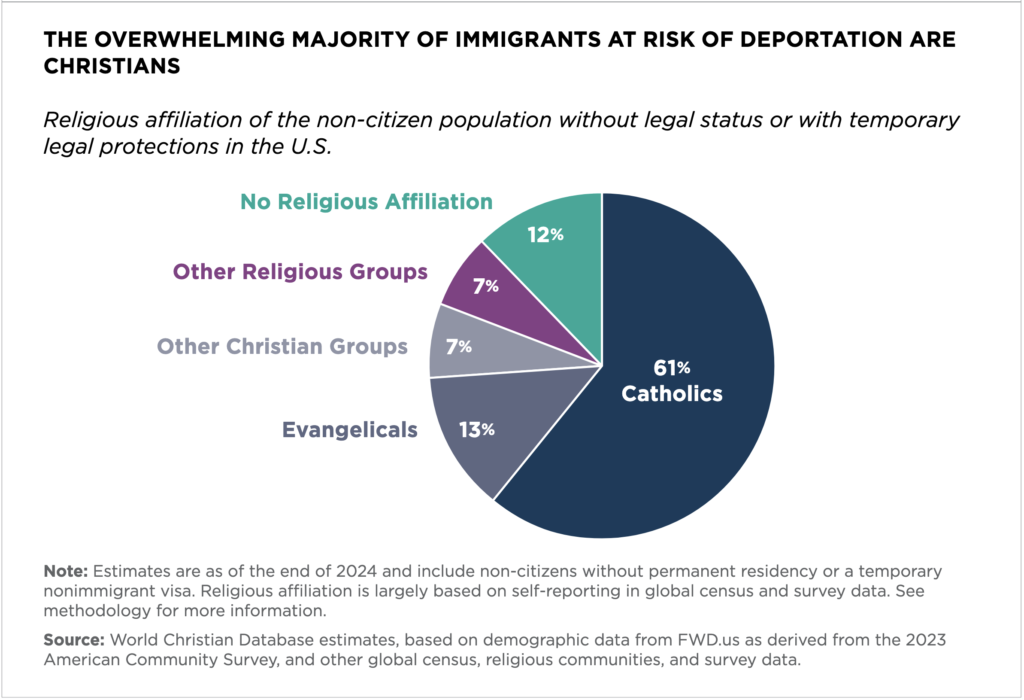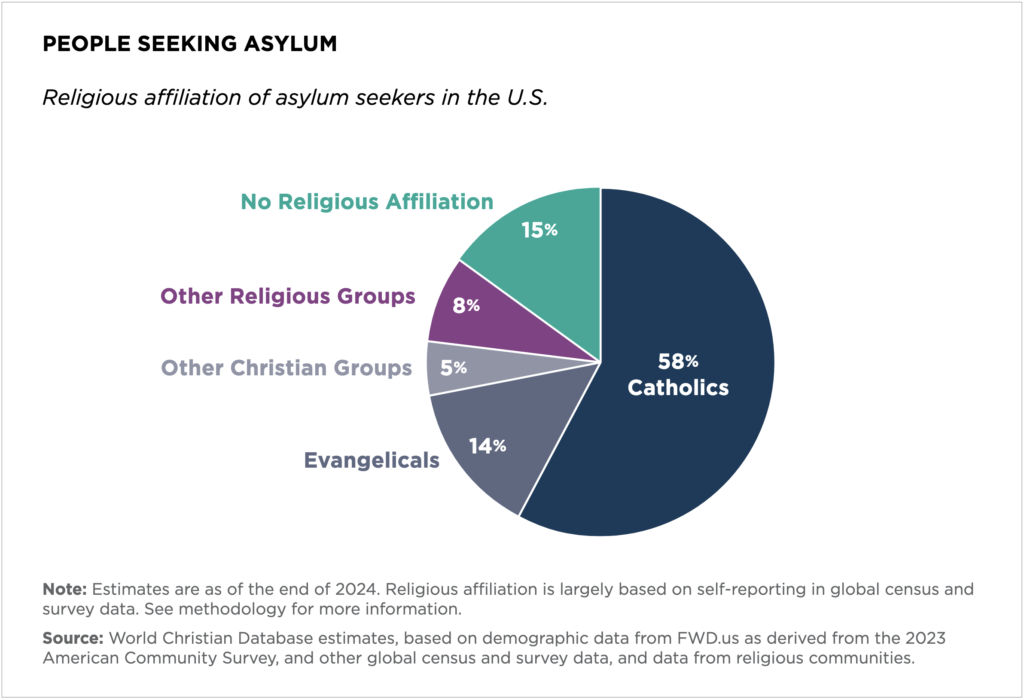This week, we’ve seen widepsread outrage on social media about the detention of children by Immigration and Customs Enforcement (ICE). This outrage is a good thing. We should all be outraged.
But I would like to remind people what happened in 2007 when ICE raided the Michael Bianco plant, a defense contractor in New Bedford, Mass. There was a quick surge of outrage, which quickly subsided. And nothing changed in ICE.
Not only that, but the full story of what happened was lost in the noise of the outrage. I was in New Bedford in 2007, where I occasionally served as a chaplain for labor unions, and from union members I heard parts of the story which didn’t get much publicity. Here’s what I heard from union members and other activists in New Bedford:
Just before the raid, ICE contacted state social workers. ICE knew that many of the people they were planning to detain had children, and they wanted the social workers to come take care of the children. The social workers refused: first of all, they knew they didn’t have the resources to take care of children (and, from what I heard, ICE was not offering funding to care for the children adequately); second of all, the social workers did not want to be part of such a ridiculous and inhumane raid.
ICE made the raid anyway. Today, ICE continues to assert that they did nothing wrong. On the 10th anniversary of the raid, WBUR, a Boston radio station, interviewed Bruce Foucart, the ICE official in charge of the Michael Bianco raid, who claimed: “‘We worked with [the then Massachusetts Department of Social Services], we worked with public safety, we worked with the New Bedford Police Department, we worked with the New Bedford School Department officials,’ Foucart says. ‘Our concern was we did not want to have children coming home to empty houses.'” That is not what I heard from union members, who included workers with the Department of Social Services and the police: social workers said children were not adequately cared for. Besides, parents were separated from their children, which is simply inhumane. Despite what ICE said and says, the whole thing was a complete mess.
Worse yet — and these things were barely reported in the news media or in social media — it turned out that the unscrupulous management of the Michael Bianco took advantage of the vulnerability of these mostly Mayan immigrants — because yes, the management knew quite well that their workers did not have proper documentation — by forcing the workers to work two consecutive eight hour shifts each day. Management avoided alerting the state labor department by giving each worker two names. A worker would punch out from their first eight hour shift under one name, then punch back in again with a time card that had a different name. The union members from whom I heard this story pointed out the management of the Michael Bianco plant violated the law in several ways: they forced workers to work hours per week more than the maximum allowed under Massachusetts state law; the workers did not receive overtime pay; and the workers were cheated out of at least some of their base pay.
To make matters still worse, the management of the Michael Bianco plant — the management of a U.S. defense contractor — got away with minimal penalties. A slap on the wrist. That’s all. ICE ruined the lives of the undocumented immigrants and their children, and the people who were really at fault were barely inconvenienced. And ICE learned that the outrage dies away pretty quickly, so they have continued making the same kinds of raids.
Yes, we should be angry at what ICE is doing right now. But please remember that this kind of thing has been going on for more than a decade now. I’ve heard a lot of people saying they want to do something to stop this human rights atrocity, and that’s great — but in the honesty of your own heart, please think back to March 6, 2007. Were you outraged at what happened in New Bedford? Did your outrage back then cause you to work to end the abuses of ICE?
And, as you answer in the honesty of your own heart, will your present outrage last long enough for you to do anything more than send a check to the ACLU? Will your present outrage extend beyond the commonly accepted narrative that the only place ICE commits abuses is along the Mexican border? — can your present outrage extend to ICE abuses in a down-and-out working class city in Massachusetts in 2007? — will your outrage be able to extend to ICE abuses that are happening in Iowa, North Carolina, and throughout the United States, most likely including where you live?
Now, here’s the most important thing I have to say:
Please remember that all injustices are linked. I assume you’re already working on another one of the pressing injustices of our times. Maybe you’re working for well-known campaigns like Black Lives Matter or #MeToo or global climate change. Or you might be working to address less well-known but equally important projects like ending domestic violence, or stopping toxics in the environment, or transgender rights, or nuclear nonproliferation, or literacy, or stopping elder abuse, or labor rights, or whatever. I would suggest that the most important thing for us to do is continue working on the injustices to which we are already committed. Continue that work, and find out how to make explicit connections between our present justice work, and the outrages that ICE is committing. This was the power in what Rev. Martin Luther King, Jr., was doing at the end of his life: making explicit the connections between racial justice, peace, and economic justice — making explicit the notion that all injustices are linked, and that working on one injustice helps the fight for justice everywhere.
It’s fine to feel outrage and anger and fear and discouragement, and all those other complicated emotions that we’re feeling now. But I’d suggest that we not let our present justice work slacken even one little bit. Mind you, if your community is subjected to one of these raids, then you may find yourself having to change your justice focus to immigration raids. But in any case, if your outrage over the border detentions causes you to lose momentum on your justice work, in other words if the outrage gets in the way of doing justice work, please let the outrage go. We need to find solace and support through our justice-making communities, through our congregations, wherever we can — get professional psychotherapy if you need it — but we don’t want to be consumed by outrage.
In fact, I’d suggest that instead of becoming obsessed with news media and social media accounts, you will feel better if you engage in any kind of justice work. Because all injustices are linked, you will be making a difference in the injustices that ICE is currently perpetrating.


